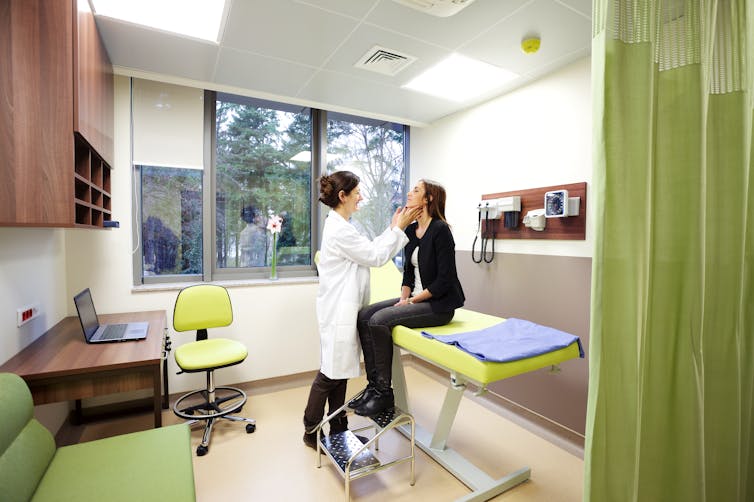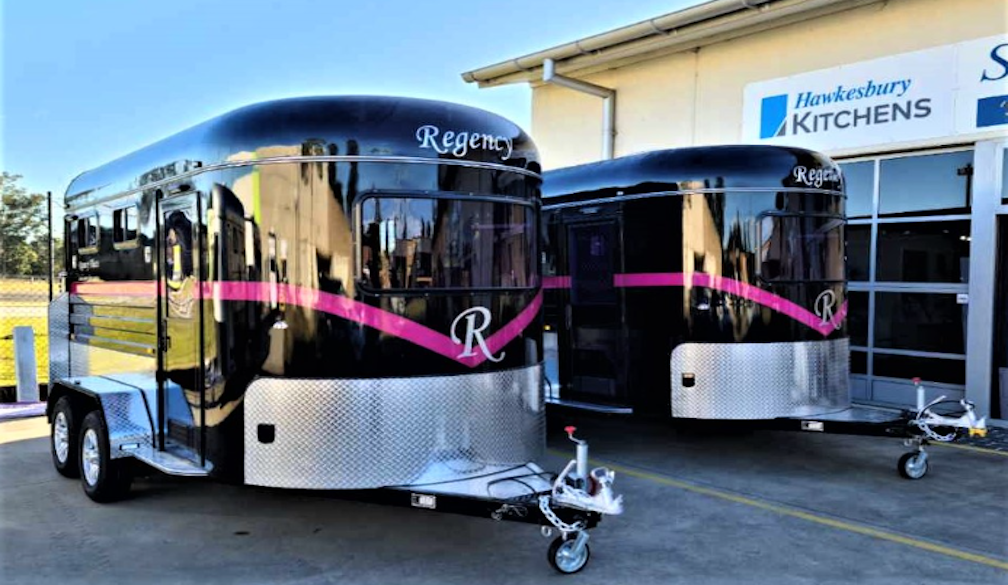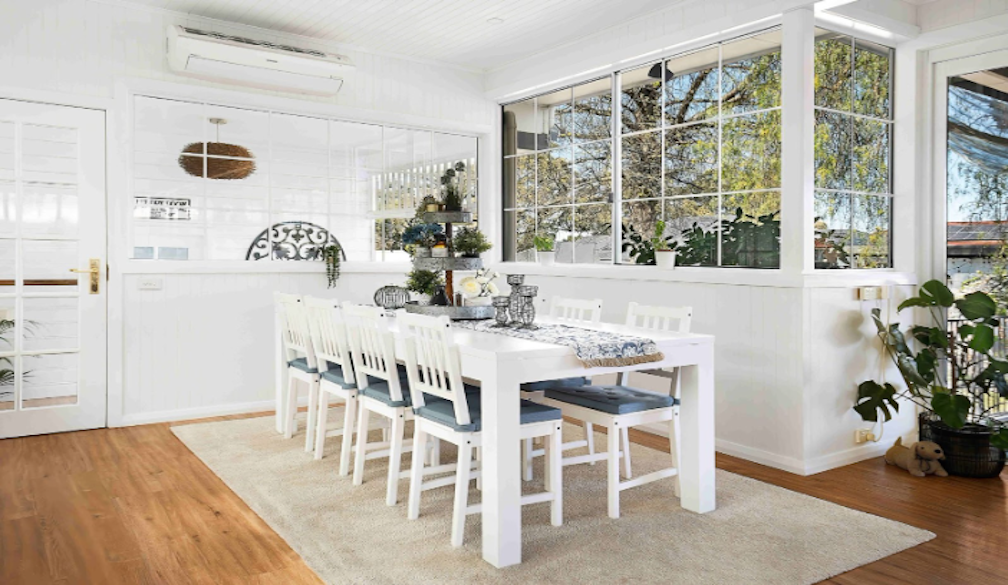Budget 2019 boosts aged care and mental health, and modernises Medicare: health experts respond
- Written by Stephen Duckett, Director, Health Program, Grattan Institute
This year’s budget includes $448.5 to modernise Australia’s Medicare system, by encouraging people with diabetes to sign up to a GP clinic for their care. The clinic will receive a lump sum payment to care for the person over time, rather than a fee each time they see their GP.
As expected, the indexation freeze on all GP services on the Medicare Benefits Schedule (MBS) will lift from July 1, 2019, at a cost of $187.2 million. The freeze will be lifted on various X-ray and ultrasound MBS rebates from July 1, 2020.
Read more: What is the Medicare rebate freeze and what does it mean for you?
The budget announces $461 million for youth mental health, including 30 new headspace centres, some of which will be in regional areas. But it does little to address the underlying structural reforms that make it difficult for Australians to access quality and timely mental health care.
In aged care, the government will fund 10,000 new home care packages, at a cost of $282 million over five years, and will allocate $84 million for carer respite. But long wait times for home care packages remain.
Other announcements include:
- $62.2 million over five years to train new rural GPs
- $309 million for diagnostic imaging services, including 23 new MRI licences
- $331 million over five years for new pharmaceuticals, including high-cost cancer treatments
- $107.8 million over seven years for hospitals and facilities including Redland Hospital, Bowen Hospital, Bass Coast Health and Ronald McDonald House
- $70.8 million over seven years for regional cancer diagnosis, treatment and therapy centres
- $114.5 million from 2020-21 to trial eight mental health facilities for adults
- $43.9 million for mental health services for expectant and new parents
- $35.7 million over five years for increased dementia and veterans’ home care supplements
- $320 million this year as a one-off increase to the basic subsidy for residential aged-care recipients.
Here’s what our health policy experts thought of tonight’s budget announcements.
A hesitant step forward for Medicare
Stephen Duckett, Director, Health Program, Grattan Institute
Medicare funding is slowly creeping into the 21st century. The 19th-century model of individual fees for individual services – suitable for an era when medicine was essentially dealing with episodic conditions – is being supplemented with a new fee to better manage the care of people with diabetes.
The budget announcement, as part of the Strengthening primary care package, is for a new annual payment for each person with diabetes who signs up with a specific GP. Funding is provided for about 100,000 people to sign up – about 10% of all people with diabetes in Australia.
 Medicare funding reforms are long overdue.
Dave Hunt/AAP
Medicare funding reforms are long overdue.
Dave Hunt/AAP
The new item number is consistent with the recent MBS review Report on General Practice, which recommended a move toward voluntary enrolment.
The precise details of the new fee – including the annual amount and any descriptors – have not yet been released. But it should encourage practices to move towards a more prevention-oriented approach to chronic disease management, including using practice nurses to call patients to check up on their condition, and using remote monitoring technology.
The budget announcement contained no evaluation strategy for the initiative. The government should produce such a strategy soon.
Support for aged and disability care
Hal Swerissen, Emeritus Professor, La Trobe University, and Fellow, Health Program, Grattan Institute
The budget has short-term measures to address major issues in aged care and disability while we wait for the royal commissions to fix the long-term problems.
The National Disability Insurance Agency (NDIA) is struggling with the huge task of putting the National Disability Insurance Scheme (NDIS) in place.
There has been a major under-spend on the on the scheme. Price caps for services such as therapy and personal care are too low and nearly one-third of services are operating at a loss. The under-spend would have been more if there hadn’t been a last-minute budget decision to significantly increase service caps, at a cost of $850 million.
$528 million dollars has also been announced for a royal commission to look at violence, neglect and abuse of people with disabilities – the most expensive royal commission to date.
Read more: Finally, people with disabilities will have a chance to tell their stories – and be believed
There is more funding for aged care. Currently, 130,000 older people are waiting for home care packages – often for a year or more. Nearly half of residential care services are losing money and there are major concerns about quality of care.
The short-term fix is to give residential care $320 million to try to prevent services going under. 10,000 additional home care packages have also been announced at a cost of $282 million – but that still leaves more than 100,000 people waiting.
 There’s still a massive shortfall in home care places.
eggeegg/Shutterstock
There’s still a massive shortfall in home care places.
eggeegg/Shutterstock
Little for prevention, Indigenous health and to address disparities
Lesley Russell, Adjunct Associate Professor, Menzies Centre for Health Policy, University of Sydney
Prevention
Preventable diseases and conditions are a key factor in health inequalities and rising health-care costs. The two issues looming large are obesity and its consequences, and the health impacts of climate change.
There is $5.5 million for 2018-19 and 2019-20 for mental health services in areas affected by natural disasters, and $1.1 million over two years for the Health Star rating system – otherwise nothing for primary prevention.
Indigenous health
The Treasurer did not mention Closing the Gap in his budget speech, and there is little in the budget for Indigenous health.
Just $5 million over four years is provided in the budget for suicide-prevention initiatives. And the Lowitja Institute receives $10 million for health and medical research.
Read more: Why are we losing so many Indigenous children to suicide?
Some announcements in March contribute a little more:
Inequalities and disparities
Disadvantaged rural and remote communities will (ultimately) benefit from efforts to boost National Rural Generalist Training Pathway, with $62.2 million provided over four years. This was a 2016 election commitment.
The announcement of $200 million over three years to index Medicare payments for ultrasound and diagnostic radiology services (beginning from July 1, 2020) came with claims this will help reduce out-of-pocket costs. But given that these payments have not been indexed in 20 years, will the money go to providers or patients?
Hospitals and private health insurance
Peter Sivey, Associate Professor, School of Economics, Finance and Marketing, RMIT University
There are no major changes to public hospital funding arrangements in this year’s budget.
 It’s business as usual for hospital funding, aside from funding injections for a handful of hospital sites.
By VILevi
It’s business as usual for hospital funding, aside from funding injections for a handful of hospital sites.
By VILevi
Funding for public hospitals is predicted to increase at between 3.7% and 5.6% over the forward estimates. However, these figures are contingent on the new COAG agreement on health funding between the Commonwealth and states, which is due to be finalised before the end of 2019.
The states will be hoping to wring some more dollars from the federal government given their soaring public hospital admissions and pressure on waiting times.
There is no change to the government’s private health insurance policy which has just come into force.
Read more: Premiums up, rebates down, and a new tiered system – what the private health insurance changes mean
Government spending on the private health insurance rebate is projected to increase more slowly than premiums at between 1.8% and 3.2% because of indexation arrangements which are gradually reducing the rebate over time.
Smaller targets for mental health
Ian Hickie, Co-Director, Brain and Mind Institute, University of Sydney
Numerous reports and accounts from within the community have noted the flaws in Australia’s mental health system: poor access to quality services, the uneven roll-out of the NDIS, and the lack of accountability for reforming the system.
The next federal government faces major structural challenges in mental health and suicide prevention.
Not surprisingly, this pre-election budget does not directly address these issues. Instead, it focuses on less challenging but worthy targets such as:
- continued support for expansion of headspace services for young people ($263m over the next seven years) and additional support for early psychosis services ($110m over four years)
- support for workplace-based mental health programs ($15m)
- support for new residential care centres for eating disorders ($63m).
A more challenging experiment is the $114.5 committed to eight new walk-in community mental health centres, recognising that access to coordinated, high-quality care that delivers better outcomes remains a national challenge.
Despite the commitment of health minister Greg Hunt to enhanced mental health investments, the total increased spend on these initiatives ($736.6m) is dwarfed by the big new expenditures in Medicare ($6b), improved access to medicines ($40b), public hospitals ($5b) and aged care ($7b).
It will be interesting to see whether mental health reform now receives greater attention during the election campaign. At this stage, neither of the major parties has made it clear that it is ready to deal directly with the complex challenges in mental health and suicide prevention that are unresolved.
Authors: Stephen Duckett, Director, Health Program, Grattan Institute



















